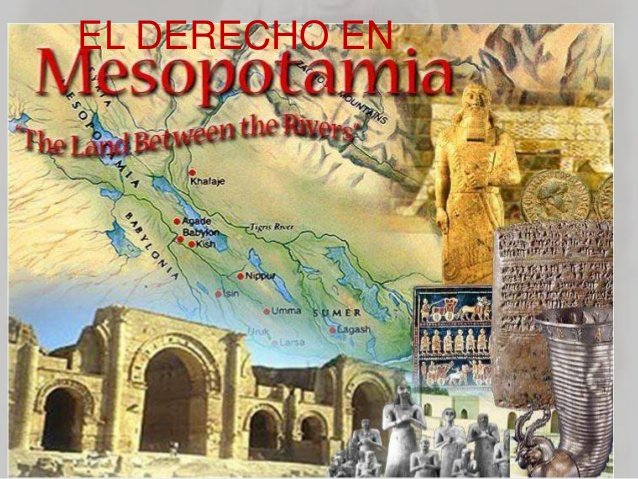Family law in ancient Mesopotamia
In ancient Mesopotamia, the family was a true society based on tolerant monogamy. The husband could only have a legitimate wife, but both the law and daily custom allowed him to take one or several concubines, perhaps by Semitic influence, in order to ensure their offspring.
The formal constituent of the marriage was a tablet written by the future husband, in which the conditions of the contract were to be recorded. It detailed the rights and duties of the wife, the amount of money she would receive if she were disowned and the punishment that would be inflicted on her if she was unfaithful.
As in all contracts, this written document was necessary for the validity of the marriage and had to be issued in the presence of witnesses and prior agreement with the parents of the bride. The issuance of this written document was accompanied by the delivery, by the groom to his future father-in-law, of an amount of money considered a dowry. This money did not belong to the wife once the marriage was consummated, but it was in the hands of her father. Instead, the wife was still the sole owner of the money that his father had contributed to the marriage. If it happened that, after the delivery of the money to the family of the bride, the marriage was not carried out because of the future husband, the father of the bride remained in property the perceived dowry. If, on the other hand, it was the bride or her family that prevented the celebration of the wedding without just cause, they had to return double the dowry to the groom. Probably the wedding was accompanied by religious ceremonies and family parties, as attested by some cylinders-stamps found in the tombs of Ur that reproduce the joyful atmosphere of the wedding banquets.

Great post
Yes thanks
Okay.. You're welcome